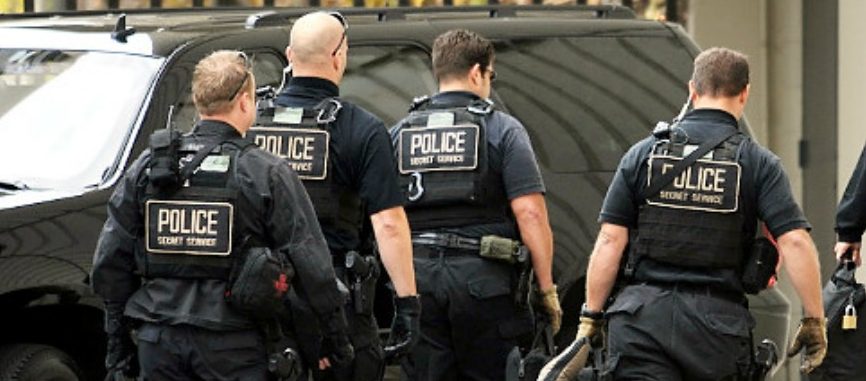A lawsuit alleging that the Secret Service uses repeated and unwarranted delay tactics to flout the requirements of the Freedom of Information Act cleared a key hurdle Tuesday (July 17) in a ruling of a divided panel of the D.C. Circuit.
In Judicial Watch v. United States Department of Homeland Security, the conservative activist group Judicial Watch filed 19 Freedom of Information Act requests with the Secret Service about “VIP” travel from 2012 to 2015 and barely heard a peep despite the Secret Service’s statutory obligation to reply. The group was forced to file six lawsuits to get the requested records about President Obama, First Lady Michelle Obama, and Vice President Biden.
In its most recent suit, the group not only challenged the agency’s lack of a specific response to its latest request but also alleged that the Secret Service has a policy of violating FOIA by “regularly failing” to either produce documents or make an exemption determination within statutory deadlines. According to Judicial Watch, the agency’s practice is to eventually, and belatedly, produce documents only if the requester files a FOIA lawsuit—thus rendering the lawsuit moot and theoretically shielding the agency’s delays from any judicial review.
But courts (including the First and Ninth Circuits) have recognized an exception to mootness when an agency has a “policy and practice” that “will impair the party’s lawful access to information in the future.” That’s precisely what Judicial Watch alleged here, and the district judge agreed, ruling that the group’s suit could survive a motion to dismiss even though the agency responded to the FOIA request after the lawsuit was filed.
On Tuesday, the D.C. Circuit affirmed. Applying the exception, Judge Rogers (joined by Judge Pillard) said Judicial Watch has adequately alleged a “practice of prolonged, repeated, and unexplained delay” by the Secret Service that, “if allowed to continue, would harm Judicial Watch’s mission to inform the public.” In a concurrence, Pillard expressed obvious frustration with the Secret Service’s persistent delays, which she suggested are at odds with the “national commitment to open government,” and she said the district judge should take steps to ensure that the Secret Service’s FOIA process is in line with the statute.
Judge Srinivasan dissented. He said the facts did not show a “policy or practice” of violating FOIA and cautioned that the court’s decision opens the floodgates and enables suits to proceeds “in a broad range of situations” that are fully in keeping with FOIA requirements.
![]()

